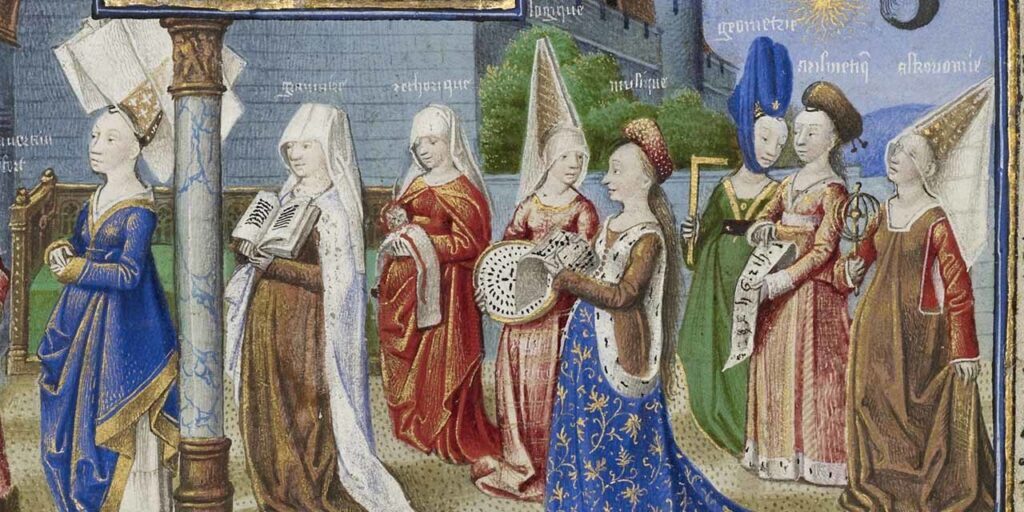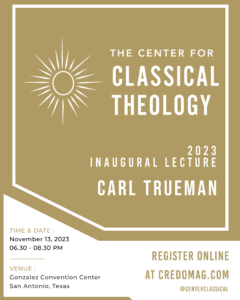
A Lesson on Wisdom and Folly: An Ecclesiastes Meditation, Part II
Woe to you, O land, when your king is a child, and your princes feast in the morning! Happy are you, O land, when your king is the son of the nobility, and your princes feast at the proper time, for strength, and not for drunkenness! Through sloth the roof sinks in, and through indolence the house leaks. Bread is made for laughter, and wine gladdens life, and money answers everything. Even in your thoughts, do not curse the king, nor in your bedroom curse the rich, for a bird of the air will carry your voice, or some winged creature tell the matter. (Ecclesiastes 10:16-20)
T his chapter ends with further wisdom regarding kings and their influence on a land. A foolish king is a disaster for the land, and a wise king is a great blessing to the land. The higher the authority, the higher the stakes. Foolishness and sin have ripple effects for everyone, of course, but the greater the authority, the further the ripple effects extend. So, a child who acts sinfully effects the home. But not as severely as when a mother acts sinfully. And whether he realizes it or not, a husband and father’s sinfulness have a far greater impact on the home than anyone else. Likewise, when a member of the church breaks his marriage vows, the whole body is affected. But not nearly as affected as when a pastor breaks his marriage vows.
his chapter ends with further wisdom regarding kings and their influence on a land. A foolish king is a disaster for the land, and a wise king is a great blessing to the land. The higher the authority, the higher the stakes. Foolishness and sin have ripple effects for everyone, of course, but the greater the authority, the further the ripple effects extend. So, a child who acts sinfully effects the home. But not as severely as when a mother acts sinfully. And whether he realizes it or not, a husband and father’s sinfulness have a far greater impact on the home than anyone else. Likewise, when a member of the church breaks his marriage vows, the whole body is affected. But not nearly as affected as when a pastor breaks his marriage vows.
When a king is a fool, it is disastrous for the whole land, because his influence stretches far. But when the king is wise, it blesses the whole land for the exact same reason. We should also note folly and wisdom here is all about fittingness. This puts us squarely within the conversation of natural theology. God has created the world and we must live in it. There is a nature to everything—including wine, laughter, money, and authority. God has created the world and we must live in it. There is a nature to everything. Click To TweetIt is unnatural—unfitting, foolish—for a king to feast and drink in the morning in a spirit of pure indulgence; to be lazy, ignoble and childish. But it is natural—fitting, wise—for a king to conduct himself with nobility and hard-working diligence; to drink and feast at the right time. Since wisdom begins with a fear of the Lord, it knows that God has created everything in its proper place, and to try to impose our own wishes on nature is folly. The best kind of authority recognizes that it is under authority.
One of the best illustrations of this kind of kingly authority is the example of King Lune in Lewis’s Narnia classic, The Horse and His Boy. In this story, King Lune finds his long-lost son, Cor, who is heir to his throne. Cor also has a brother, named Corin, and he would rather Corin be king. But the wisdom King Lune demonstrates how authority doesn’t change nature—it doesn’t buck against natural hierarchies or roles of responsibility—but rather harmonizes with it:
“But I don’t want it,” said Cor. “I’d far rather –” “‘Tis no question what thou wantest, Cor, nor I either. ‘Tis in course of law.” “But if we’re twins we must be the same age.” “Nay,” said the King with a laugh. “One must come first. Art Corin’s elder by full twenty minutes. And his better too, let’s hope, though that’s no great mastery.” And he looked at Corin with a twinkle in his eyes.
“But, Father, couldn’t you make whichever you like to be the next King?” “No. The King’s under the law, for it’s the law makes him a king. Hast no more power to start away from thy crown than any sentry from his post.”
“Oh dear,” said Cor. “I don’t want to at all. And Corin — I am most dreadfully sorry. I never dreamed my turning up was going to chisel you out of your kingdom.”
“Hurrah! Hurrah!” said Corin. “I shan’t have to be King. I shan’t have to be King. I’ll always be a prince. It’s princes have all the fun.” “And that’s truer than thy brother knows, Cor,” said King Lune. “For this is what it means to be a king: to be first in every desperate attack and last in every desperate retreat, and when there’s hunger in the land (as must be now and then in bad years) to wear finer clothes and laugh louder over a scantier meal than any man in your land.”
That’s wisdom. That’s wise authority: to be the first one in, the last one out, and the one laughing loudest. It is fitting for authority to function in this way.Wisdom wants to go with the grain of creation, not against it. Click To Tweet
Wisdom wants to go with the grain of creation, not against it. That means bread and wine and money and respect are all given and enjoyed at the proper time. You drink when it’s time to drink, you laugh when it’s time to laugh, you generate and use wealth in accordance to how wealth is naturally generated and used (I’d recommend Thomas Sowell and David Bahnsen on this topic), you pay respect to those to whom it is proper to pay respect.
This is not some shallow invitation to be spineless—to go along to get along. After all, sometimes it is fitting to criticize authority (though never maliciously or in the form of a curse), or abstain from wine and bread, or to recognize the limitations of wealth. The point is that all of these things must be enjoyed and given appropriately. There is a time for everything, and that time is not determined by us—as if we were gods. The time for everything is determined by God. We are living in his world. We are under his authority.
Get Christ to Get Wisdom
So, we are to get wisdom. This is not something that we can be passive in, brothers and sisters. We are born foolish and made wise, as we are continually shaped by God’s wisdom. We are to recognize the grain of God’s world—natural, moral, cosmological—and we are to continually conform to that grain.We are born foolish and made wise, as we are continually shaped by God’s wisdom. Click To Tweet
We are to get wisdom, and a great place to begin is with Christ—Wisdom incarnate. There is no becoming truly wise—in the biblical sense of wisdom—without becoming Christlike, and vice versa. The foolish, yet Christlike, man is a contradiction of terms. This is because, according to Paul, Christ is the Wisdom and Power of God (1 Corinthians 1:23). Which means, when we read about Lady wisdom in Proverbs 8 and 9, calling out in the streets, inviting fools to get wisdom, we are hearing the invitation of Christ. When we heed his invitation to come to him and receive rest, we are heeding the invitation of Lady Wisdom to come into her house and be fed with bread and wine.
The good news of the gospel is the doorway we walk through to get into the house of wisdom. The Triune God has acted to redeem us from our folly. The Son of God became man, and thereby—like the wise, poor man in Ecclesiastes 9:11-12—saved us in absolute humility. He translates divine, incomprehensible Wisdom for us, so that we can see it, and become it. He took all of our folly upon himself, and suffered the consequences of it so that we don’t have to. He paid the penalty of our sinful folly so that we do not have to be cut out from the celestial city. He is the road we travel on to get there. And then, by the power of His Spirit, he makes us wise. He, God’s Wisdom, by the power of his Spirit, makes us like himself. The Triune God shapes us into the image of true Wisdom. To be brought into Christ, then, is to be brought into Wisdom. And to become more like Christ (to become who we are—the journey of sanctification in the Christian life) is to become wise.

